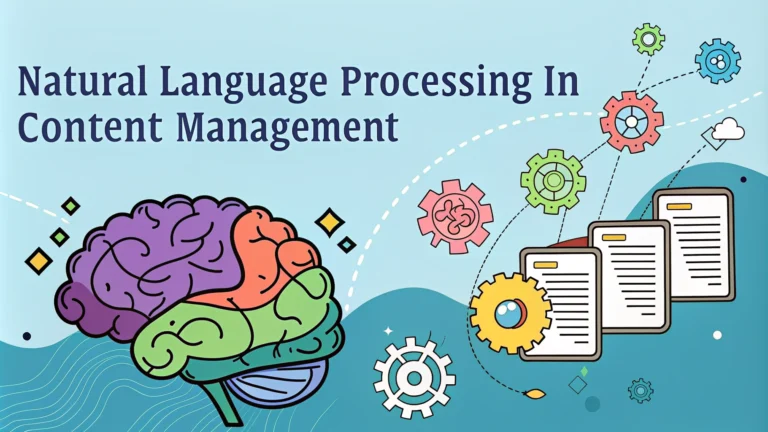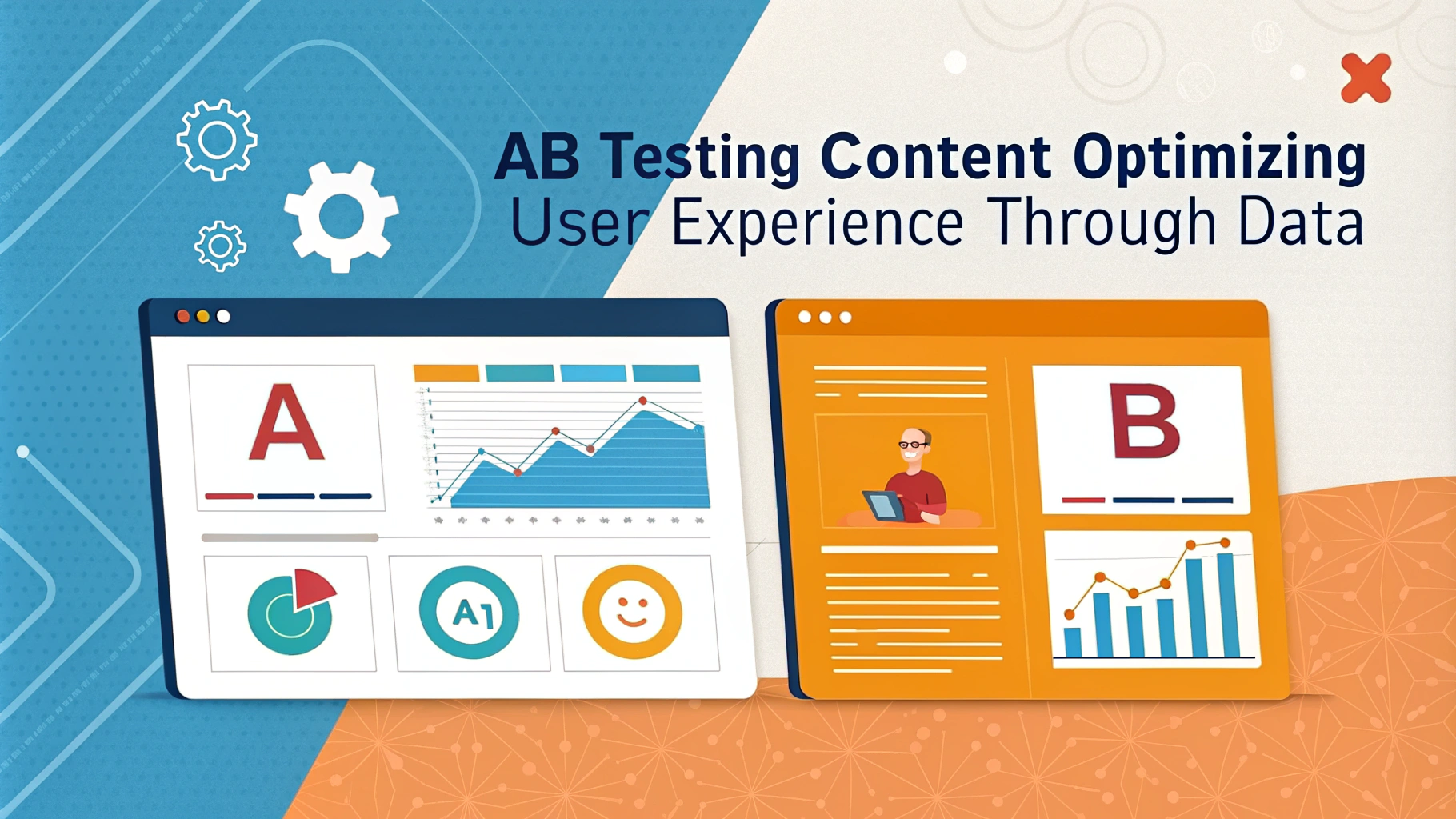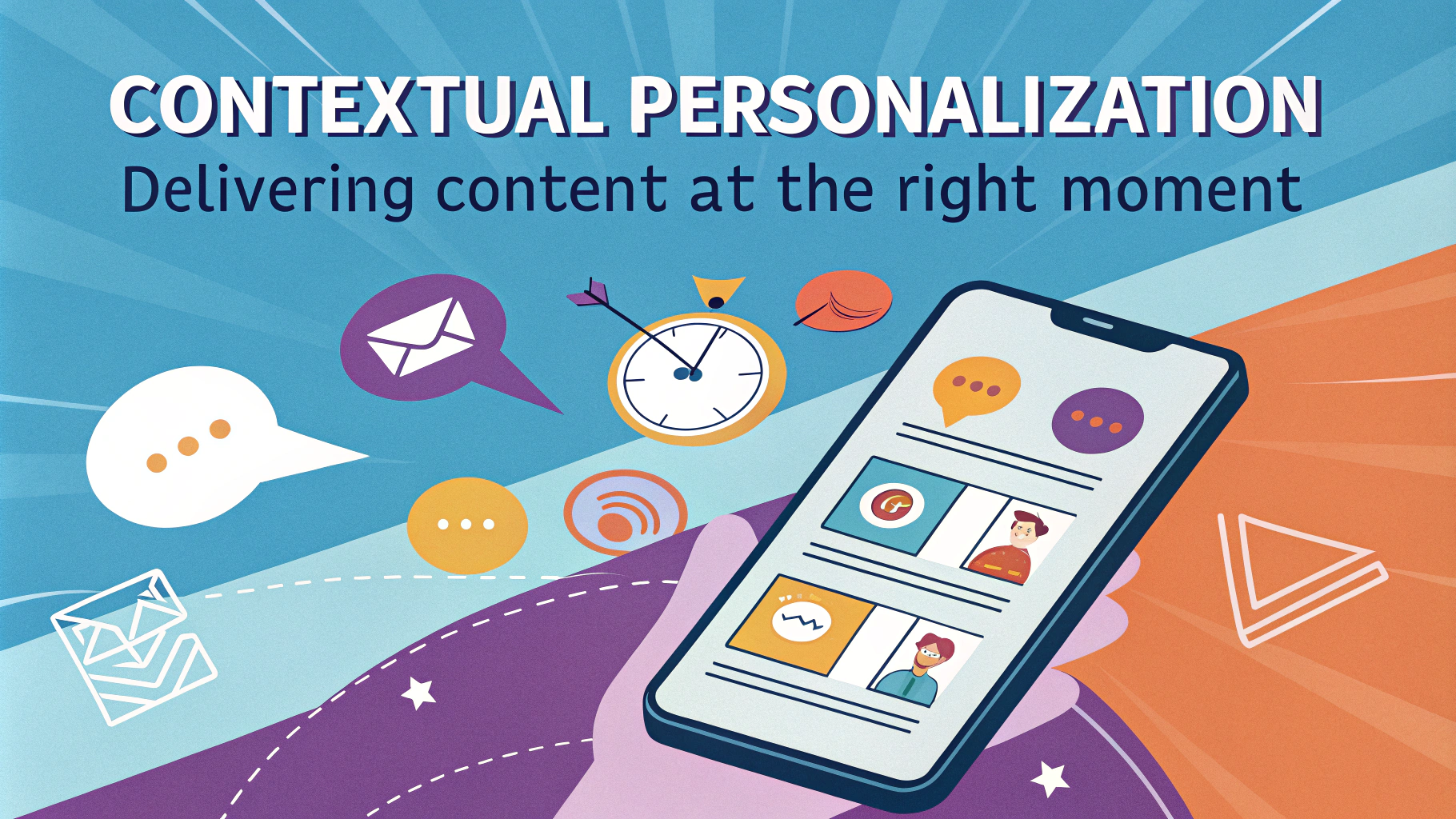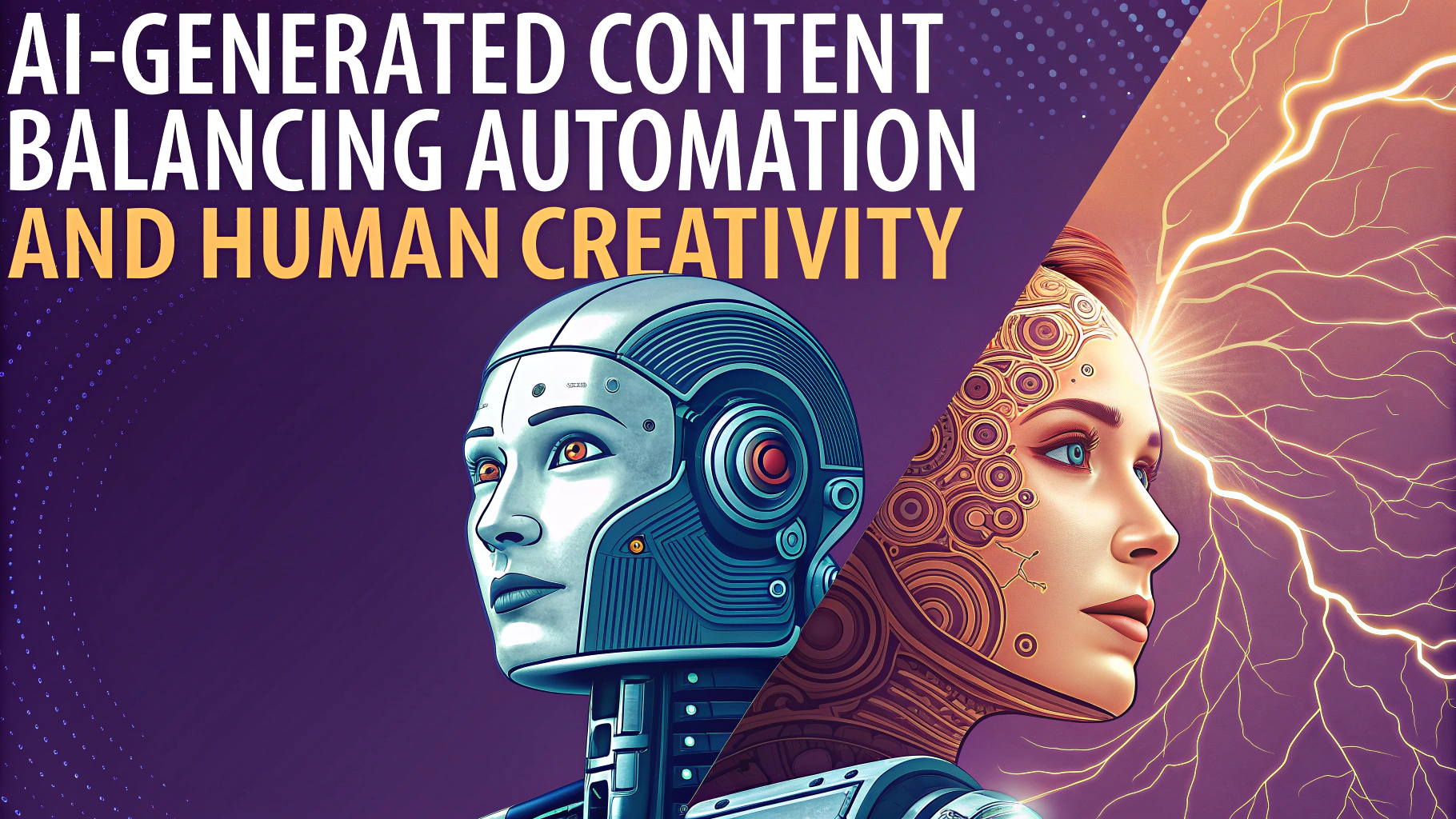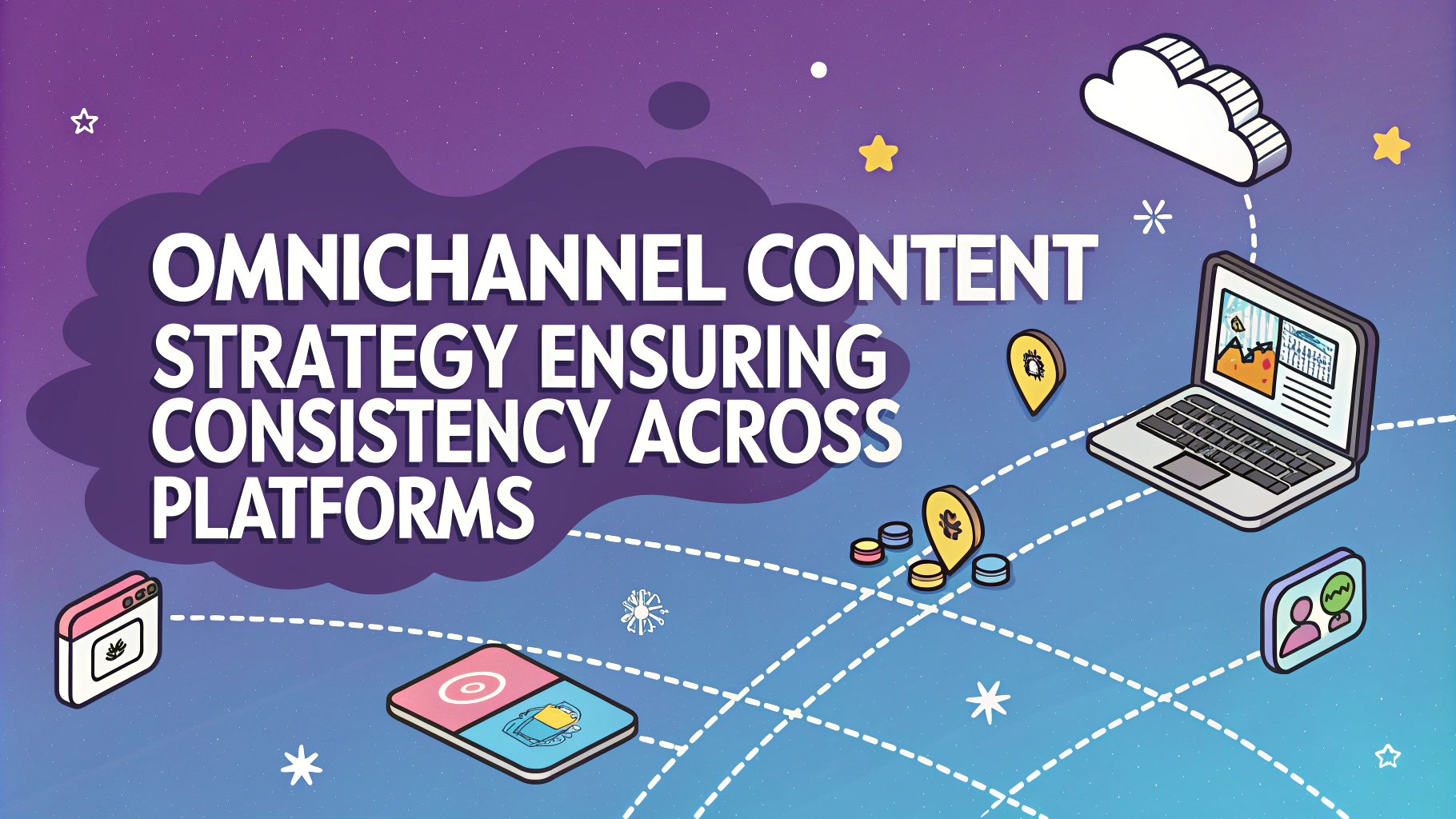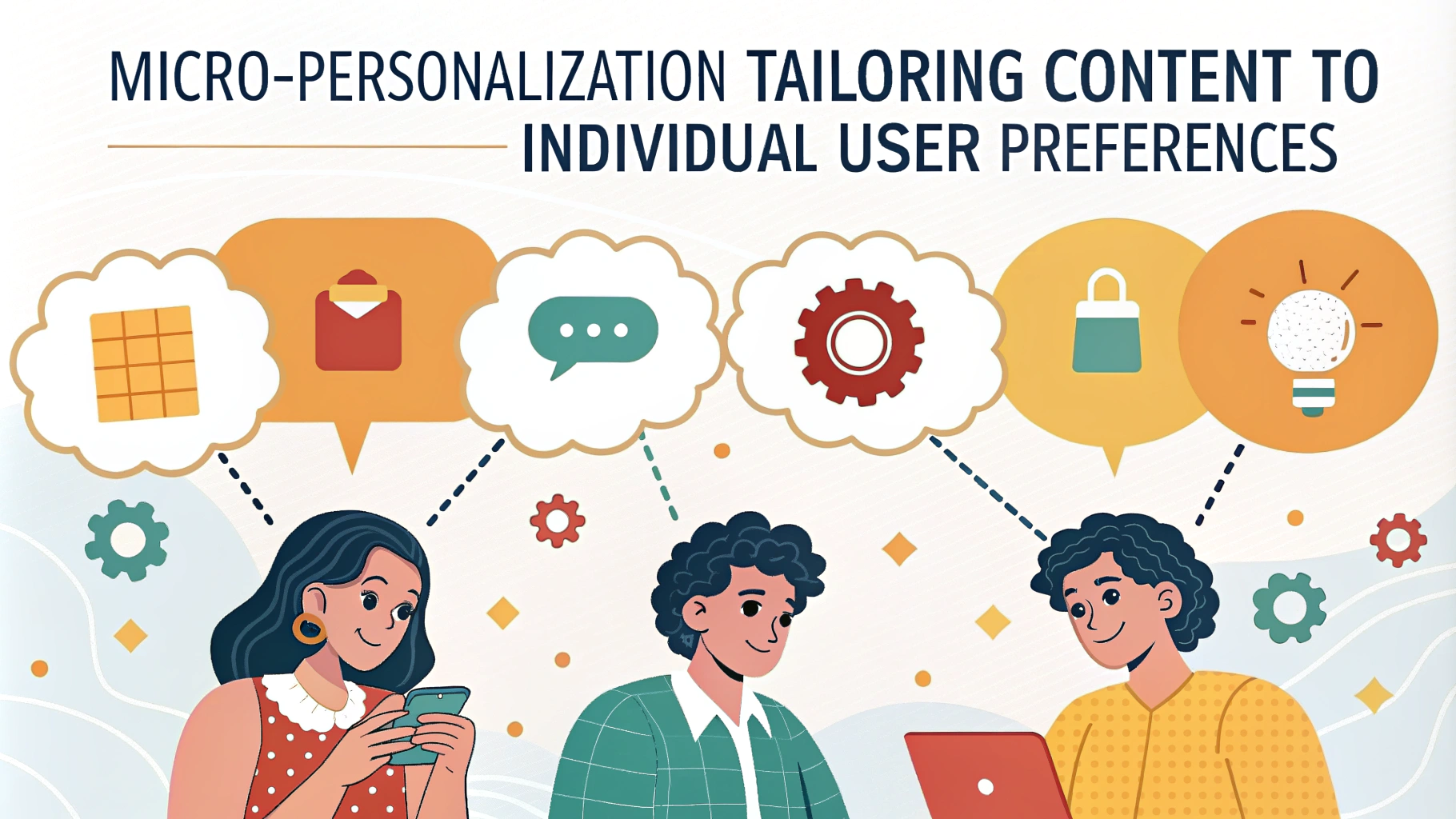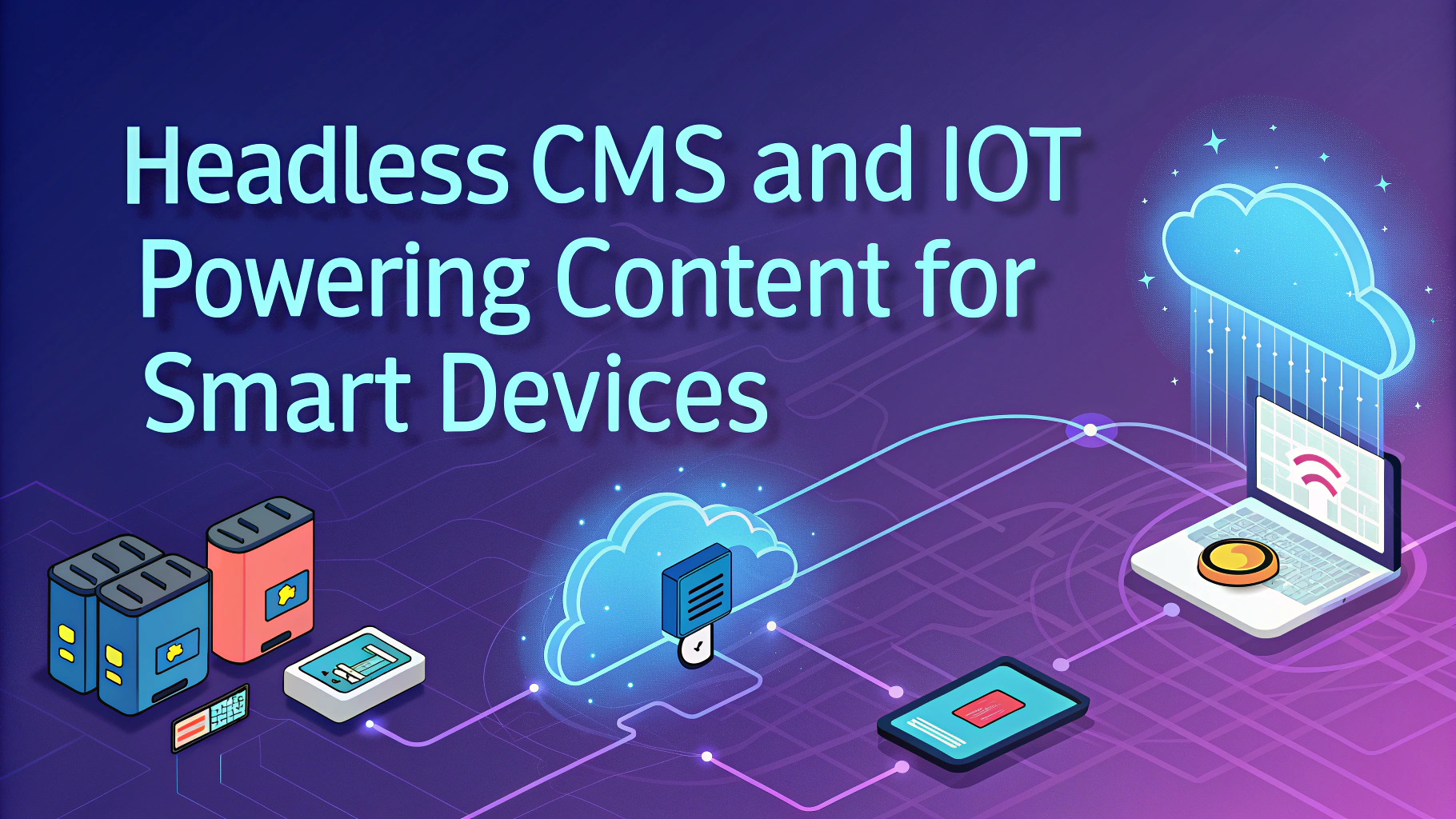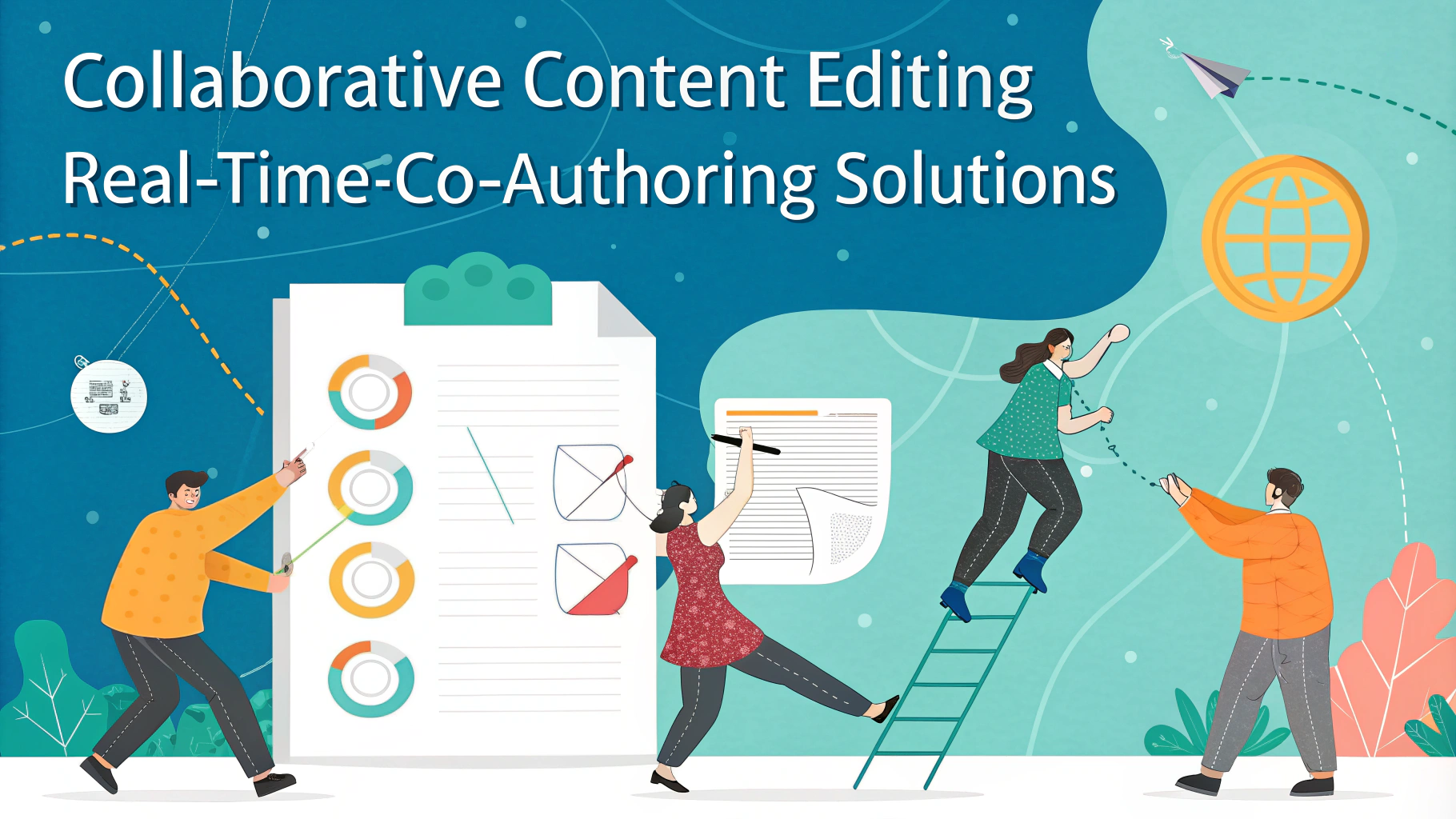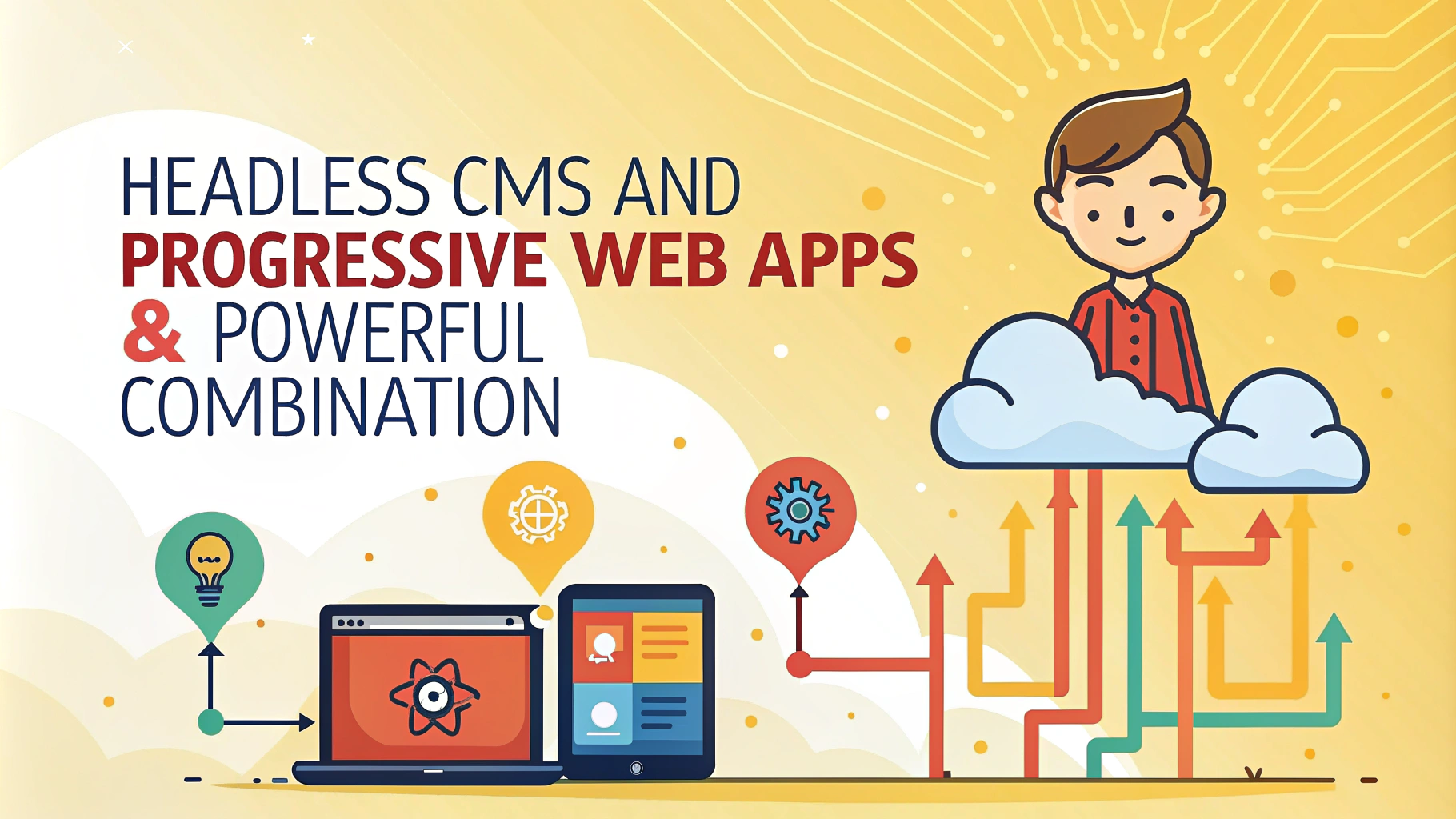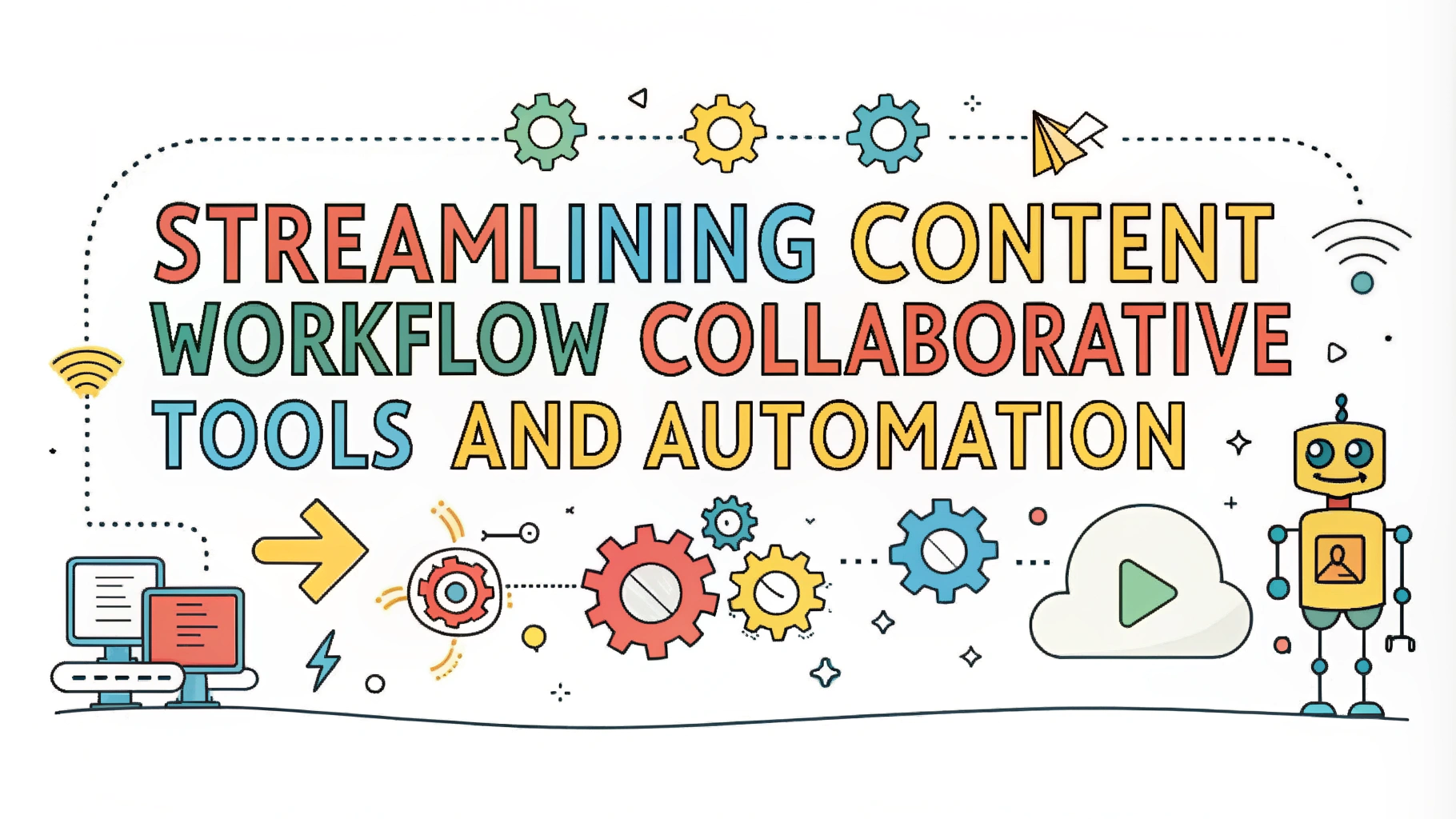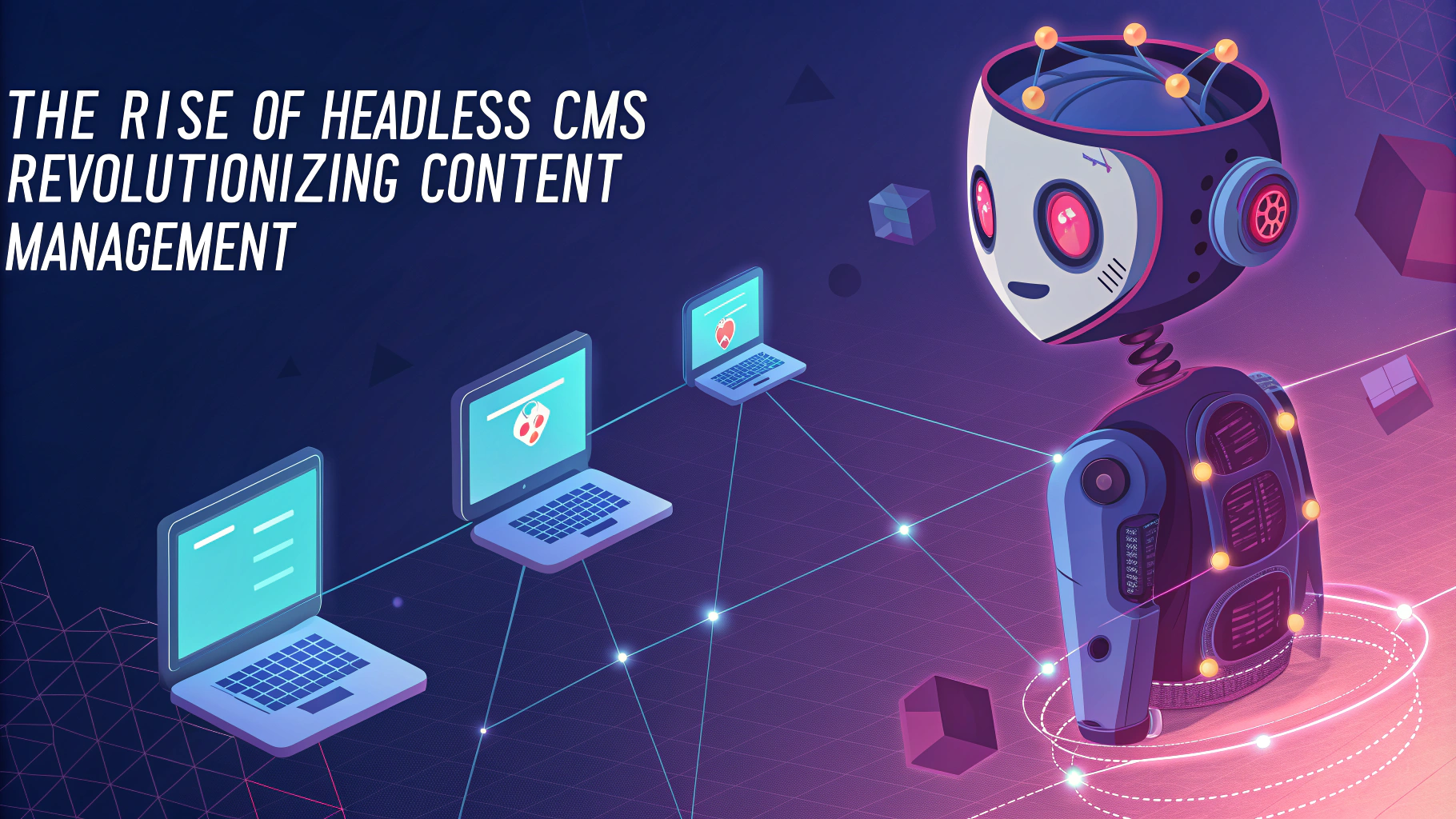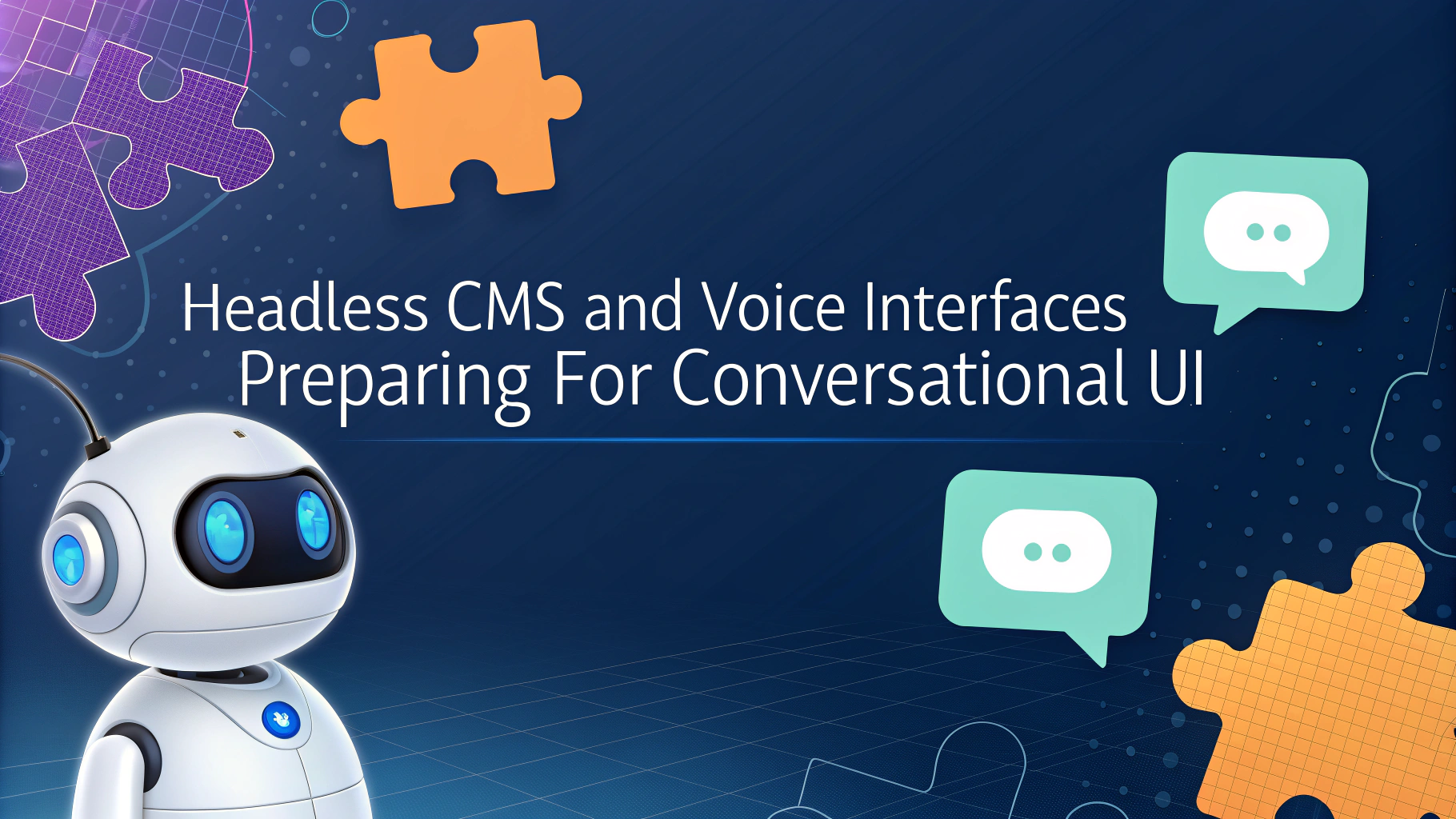Natural Language Processing (NLP) and Artificial Intelligence (AI) are transforming content management systems. This article explores how these technologies streamline workflows, improve content quality, and boost productivity for content creators and managers.
Understanding NLP and AI in Content Management
NLP and AI technologies analyze, interpret, and generate human language. In content management, they offer:
- Automated content categorization
- Improved search functionality
- Content summarization
- Sentiment analysis
- Language translation
These capabilities help content teams work more efficiently and create more engaging content.
Streamlining Content Workflows with AI
AI-powered tools can significantly improve content workflows:
- Content ideation: AI analyzes trends and suggests topic ideas
- Content creation: NLP assists with writing and editing
- Content optimization: AI provides SEO recommendations
- Content distribution: Machine learning determines the best channels and times for publishing
By automating these tasks, content teams can focus on strategy and creativity.
Implementing NLP for Better Content Analysis
NLP tools offer valuable insights into content performance:
Content Quality Assessment
NLP algorithms evaluate readability, grammar, and style consistency across your content library.
Audience Sentiment Analysis
Analyze comments, reviews, and social media mentions to gauge audience reactions to your content.
Topic Clustering
Automatically group related content pieces to identify gaps and opportunities in your content strategy.
| NLP Feature | Benefit |
|---|---|
| Readability scoring | Ensures content is accessible to target audience |
| Keyword extraction | Improves SEO and content discoverability |
| Entity recognition | Enhances content tagging and organization |
Enhancing Content Quality with AI-Powered Tools
AI tools can significantly improve content quality:
- Grammar and style checkers: Catch errors and inconsistencies
- Readability analyzers: Ensure content is accessible to target audience
- Plagiarism detectors: Maintain originality and credibility
- Tone analyzers: Align content with brand voice and audience preferences
These tools help content creators produce polished, engaging content more efficiently.
Personalizing Content Experiences with AI
AI enables content personalization at scale:
Dynamic Content Recommendations
AI algorithms analyze user behavior to suggest relevant content, increasing engagement and time on site.
Adaptive Content Delivery
Machine learning adjusts content presentation based on user preferences, device type, and browsing history.
Personalized Email Campaigns
AI-driven segmentation and content selection improve email marketing effectiveness.
| Personalization Feature | Benefit |
|---|---|
| Content recommendations | Increases user engagement and retention |
| Adaptive layouts | Improves user experience across devices |
| Personalized email content | Boosts open rates and conversions |
Leveraging AI for Content Distribution and Promotion
AI optimizes content distribution strategies:
- Best time to publish: AI analyzes engagement patterns to determine optimal posting times
- Channel selection: Machine learning identifies the most effective platforms for each content piece
- Automated social media posting: AI tools schedule and publish content across multiple channels
- Influencer matching: Algorithms find relevant influencers for content promotion
These AI-powered strategies help content reach the right audience at the right time.
Measuring Content Performance with AI Analytics
AI enhances content analytics capabilities:
Predictive Analytics
AI models forecast content performance, helping teams prioritize high-potential topics.
Advanced Attribution Modeling
Machine learning algorithms provide more accurate insights into content’s impact on conversions.
Competitive Analysis
AI-powered tools monitor competitors’ content strategies and identify market gaps.
| AI Analytics Feature | Benefit |
|---|---|
| Performance prediction | Guides content strategy and resource allocation |
| Multi-touch attribution | Improves ROI measurement for content marketing |
| Competitor content tracking | Identifies opportunities for differentiation |
Conclusion: The Future of AI in Content Management
AI and NLP technologies are reshaping content management practices. By automating routine tasks, enhancing content quality, and providing deeper insights, these tools empower content teams to create more impactful, personalized experiences for their audiences.
As AI continues to evolve, we can expect even more advanced capabilities in content creation, optimization, and distribution. Content managers who embrace these technologies will be well-positioned to stay ahead in the competitive digital landscape.
To get started with AI-powered content management:
- Assess your current content workflow and identify areas for improvement
- Research and test AI tools that address your specific needs
- Provide training for your team on using AI-powered content tools
- Gradually integrate AI capabilities into your content strategy
- Continuously monitor results and adjust your approach as needed
By thoughtfully implementing AI and NLP technologies, content managers can unlock new levels of efficiency, creativity, and performance in their content operations.

